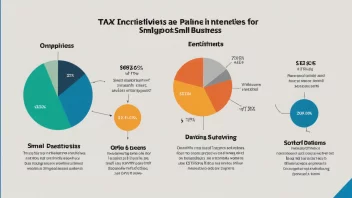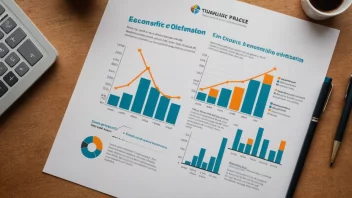In today's rapidly changing global landscape, creating policies that promote economic growth is essential for nations striving for prosperity and stability. Economic growth not only reflects the health of an economy but also signifies improvements in living standards and quality of life for citizens. To develop effective policies, governments must adopt a multi-dimensional approach that encompasses collaboration, innovation, and sustainability.
One of the first steps in crafting effective economic growth policies is establishing clear objectives. Policymakers should identify specific goals that align with the broader vision for their economy. This could involve targets for job creation, industrial growth, or improvements in infrastructure. Having clear objectives allows for the design of targeted policies that can drive economic activity in specific areas.
Engaging stakeholders is also critical in the policy-making process. Policymakers should solicit input from various groups, including businesses, labor unions, community organizations, and citizens. This collaborative approach not only ensures diverse perspectives are considered but also fosters a sense of ownership among stakeholders. When people feel involved in the decision-making process, they are more likely to support and adhere to the policies implemented.
Furthermore, investing in education and workforce development is paramount. A well-educated and skilled workforce is essential for driving innovation and competitiveness. Policymakers should prioritize initiatives that enhance access to quality education and training programs. This includes partnerships with educational institutions to align curricula with the needs of the labor market and providing resources for vocational training. By empowering individuals with the right skills, economies can boost productivity and foster entrepreneurship.
Innovation is another key driver of economic growth. Policymakers should create an environment that encourages research and development by providing incentives for businesses to innovate. This can include tax credits for research initiatives or grants for startups working on groundbreaking technologies. By fostering a culture of innovation, countries can position themselves at the forefront of emerging industries, attracting investment and creating jobs.
Infrastructure development is another critical area where policymakers can make a significant impact. Reliable transportation, robust communication networks, and sustainable energy sources are essential for businesses to thrive. Policymakers should prioritize investments in infrastructure projects that not only facilitate commerce but also improve quality of life for citizens. Sustainable infrastructure development ensures that economic growth does not come at the expense of environmental health.
Additionally, creating a favorable regulatory environment is essential for enhancing economic competitiveness. Policymakers should strive to reduce unnecessary bureaucratic hurdles that can stifle business growth. Streamlined regulations can encourage investment and innovation while still safeguarding public interests. Regular reviews of regulatory frameworks can ensure that they remain relevant and effective in a dynamic economic landscape.
Lastly, continuous evaluation of policies is crucial for long-term success. Policymakers should establish mechanisms for monitoring the impact of economic policies and be willing to adapt based on results. Data-driven assessments can highlight areas for improvement and inform future policy decisions.
In conclusion, creating effective policies that promote economic growth requires a comprehensive approach that includes clear objectives, stakeholder engagement, investment in education and innovation, infrastructure development, regulatory reform, and continuous evaluation. By implementing these strategies, policymakers can foster an environment conducive to sustainable economic growth that benefits all citizens.
Strategies for Effective Economic Growth Policies
Discover effective strategies for crafting economic growth policies that align with national objectives and foster collaboration, education, and innovation.






